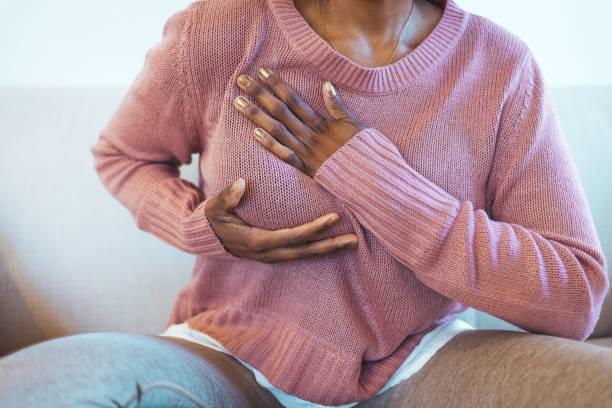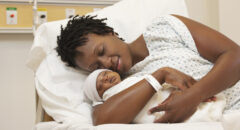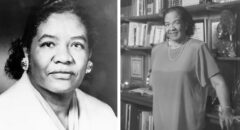
While anyone can experience breast pain, don’t panic: It’s rarely cancer.
Penn State Health offers some reassurance about what might cause the pain and when it might be time to have a mammogram.
“We see a lot of patients who come looking for answers that have widespread, cyclical breast pain,” says Dr. Alison Chetlen, a staff physician at Penn State Health Breast Center in Hershey, Pa.
“We usually start with reassurance, perhaps eliminating the underlying cause of the pain,” she said in a Penn news release. “Sometimes it is related to their menstrual cycle or underlying hormonal fluctuations. Is it musculoskeletal? If so, perhaps medication and a warm compress will help. Something like arthritis of the rib joints also can cause pain that mimics breast pain. In such cases, the pain is not actually coming from the breasts.”
Women, men and transgender people can each experience breast pain. Reasons vary.
“It’s extremely rare for breast cancer to be the source of breast pain,” Chetlen says. “We worry more when we have a patient present with a lump, bloody nipple discharge, or a lump under the armpit. Breast pain is typically not the initial sign of breast cancer.”
Breast pain in men
Men can have breast pain in all stages of life. If you are experiencing breast pain, here’s what may be causing it.
Gynecomastia
Breast pain in men is typically caused by gynecomastia, an increase in the amount of breast glandular tissue caused by a hormone imbalance. With gynecomastia, abnormal growth and swelling in the breasts occur in males of all ages. The change in shape or size varies and can cause pain. Gynecomastia can be a result of hormone imbalances, where estrogen increases, and testosterone decreases. Obesity and aging can also cause this condition.
“Even as boys change into men they can experience pain behind the nipple, which can be quite painful,” Chetlen says. “Ninety-nine times out of 100, it is gynecomastia, which is benign.”
RELATED: Men Can Have Breast Cancer Too: 8 Risk Factors To Know
Cysts
A cyst is a typically harmless lump under the skin that contains fluid or air. In some cases, cysts can become








